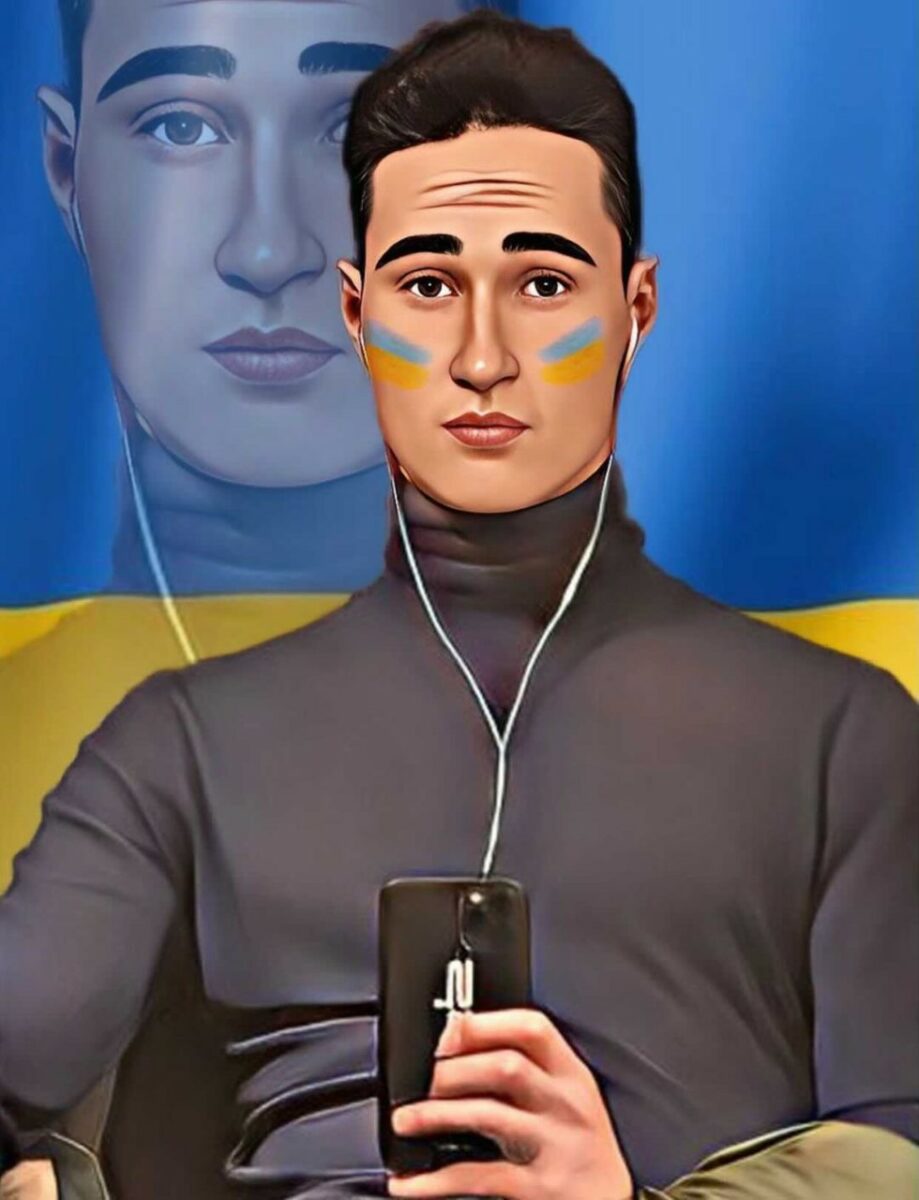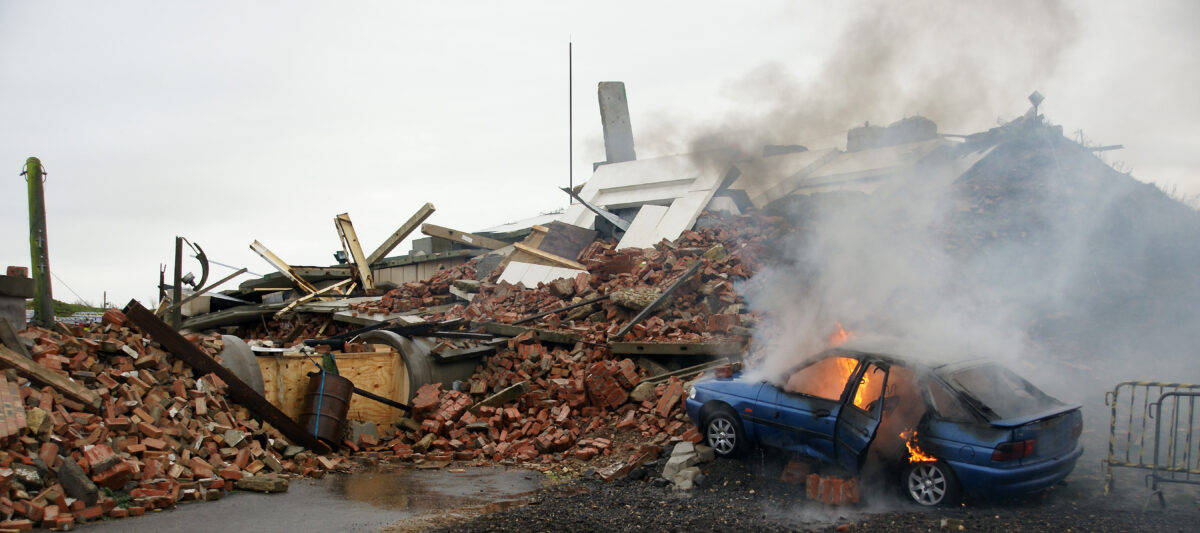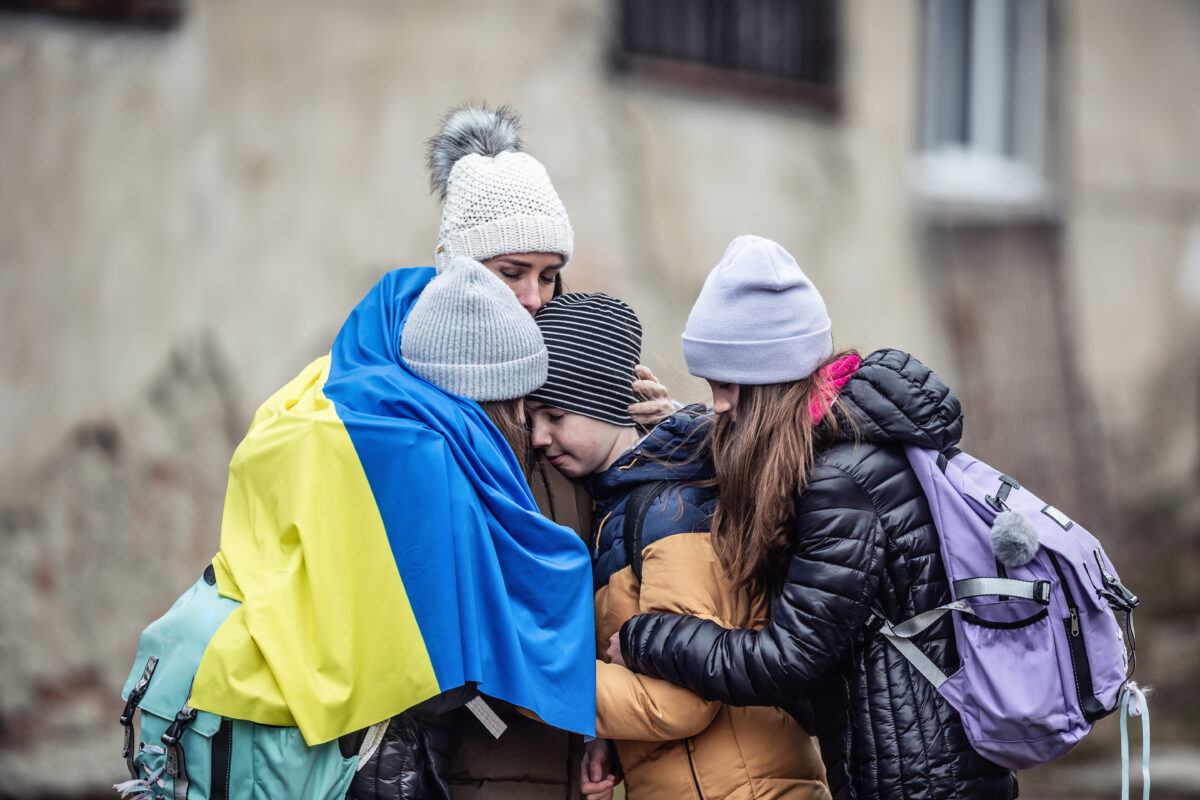Sheridan students are looking for support, emotional and financial, after a war thousands of kilometers away has cast their finances into doubt and put their families into immediate danger.
The war between Russia and Ukraine is much older than a few months. The conflict can be traced back to 2014 when Russia seized control of Crimea, a region in southeastern Ukraine.
The move was conducted by a group of unmarked soldiers with visibly professional training and Russian equipment. At the time, Russian President, Vladimir Putin, claimed the unmarked soldiers supporting the Crimean separatists were not Russian soldiers, but this claim has since been disputed.
Today, Putin defends the actions of the Russian military in Ukraine under the pretense of dismantling a Nazi-esque government. The Russian president’s claims have been discredited as propaganda. While Neo-Nazi movements have picked up steam in recent years, they are not represented in Parliament, and the Ukrainian government is not engaged in any genocidal acts. There is nothing in Ukraine that warrants Russian intervention.

“I always knew there was going to be a war with Ukraine and Russia,” says Ekaterina Plakhtienko, an international student from Russia studying pre-health science at Sheridan College.
For Plakhtienko, preparing for war with Ukraine has been a part of life. It comes as no surprise to her, that Russia has invaded Ukraine.
There’s only so much a person can do to prepare for war though. After the invasion, the international community began imposing sanctions on Russia. Countries all over the world severed their economic ties to them, Mastercard and Visa suspended their operations there, and the value of the currency plummeted. As the currency lost value, citizens began trading in their Russian currency for foreign dollars, causing the Ruble to spiral even more.
To stabilize the value of the Ruble, the central bank of RUSSIA (CBR) began restricting the access of citizens to foreign currency, both at home and abroad.

Students like Plakhtienko are feeling the effects of these political decisions an ocean away.
“My parents, like they no longer can use Mastercard or Visa to pay international, she says. “I just can’t access money they transfer to me.”
Ukrainian students are experiencing similar financial turmoil right now as their families in Ukraine leave their jobs and homes behind to find safety from the bombings.
Sheridan student of Business Administration and Marketing Management, Vladyslav Ushkvarok, says his family is unable to send money. His mother and girlfriend were displaced from Kharkiv on the eastern border of Ukraine after the invasion began. They are currently in Leipzig and Berlin, Germany respectively. His grandparents, however, remain in Kharkiv.
“They say that they just want to stay there and die there,” says Vlad.
Vlad recalls the reports of mass rape in Russian-controlled regions of Ukraine and worries for the safety of his girlfriend.
“I got worse and worse,” he says. “I was like constantly asking her where she is, where she is doing it.” Still, despite the mental stressors, Vlad says he has not pursued any counseling being offered by the college.
“For some people, it’s good, for me it’s not good,” he says. “You want action, not to talk.”
Vlad is not the only one to speak skeptically of the mental health services being pushed by colleges. Dasha Akhova, media coordinator for the Ukrainian Canadian Student Union (SUSK), says she is spoken to a few students who feel this way.

“We’ve actually had backlash because these mental health resources seem almost like a concession,” says Akhova. “Even myself, as a Ukrainian Canadian, find this stuff to be quite patronizing sometimes because it’s a show. It’s not backed by substantial action.”
Akhova stresses the need for a substantial response from all schools to help Ukrainian students overcome their unique challenges. Some of these existed before the war but have been made worse since the invasion.
For example, international students have much higher tuition fees than domestic students. Some of them pay up to $20,000 a year. The cost of tuition for international students at Sheridan college is approximately $7,867 per term. International students are also only permitted to work 20 hours a week while studying. This makes it even harder to meet their financial demands.
Plakhtienko says she needs about $10,000 in her bank account just to be eligible for her study permit. She worries she may not be able to return to her program next semester.
“My brother, he goes to the University of Toronto. Maybe I’ll live with him for a year or so,” she says.
Some schools have done more than others. The University of Alberta, for example, has pledged a million dollars to Ukrainian students in need of financial support. The University of Toronto has pledged to match donations to the Scholars at Risk fund for up to a million dollars.
Sheridan Media Coordinator, Carolina Salcedo says the college has awarded over 31,000 dollars in bursaries to 15 students currently connected to the war. They are also working to fund new scholarships for Ukrainian students attending the English Language Studies programs at Sheridan.
Students at Humber college have suggested that colleges can swap their international fees for their domestic fees. Andrew Ness, dean of international students, told CBC that while this option has not been explored, they have eliminated outstanding tuition fees for the remainder of the term.
“If we’re going to pay as much as domestic students pay, that will be so helpful,” says Anastasiia Nastenko, a digital communications student at Humber.
In the meantime, Nastenko says she tries not to worry about her finances.
“I don’t want to think about it that much, It’s not good. It’s not good for my mental health,” she says.
Nastenko worries about her parents and sister, but she says they are safer since moving west, away from the violence.
“I’m thinking about everything that is happening in my country. And I just can’t think straight.”
As the semester closes out, many of these students still have questions about what happens next. Unfortunately, we are all still looking for answers.
